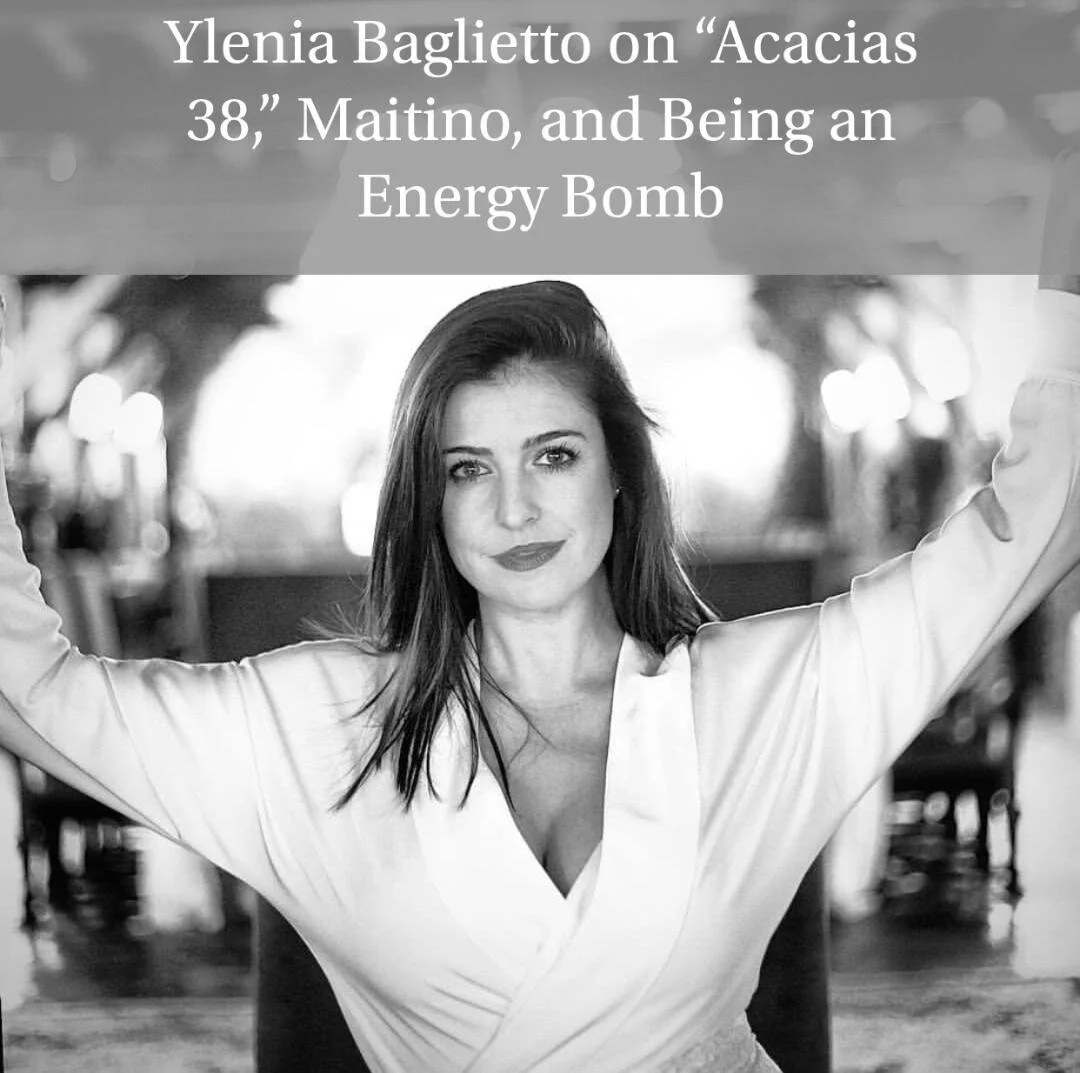So, you’re the producer/showrunner/writer of a TV show and you’re considering whether to spinoff the lesbian characters from your show into a new vehicle. Is it financially worth it? How can you ensure it will be successful? This article is offers a “how to” based on two recent case studies and argues that a spinoff can be both creatively fulfilling and financially successful. Let’s look at how.
Read MoreHere at What About Dat? we’ve written a lot about Maitino. We’ve written about the world of the Maitiner fandom, and we’ve talked to Ylenia Baglietto (Matie Zaldúa). But, as has been repeated ad nauseum these last two weeks, Maitino is not just one actress. That’s why we couldn’t wait to take a closer look at Camino Pasamar and the woman who brings her to life, Aria Bedmar. In a pleasant conversation, she told us about how it’s been to play this role, her wishes for the future of the character, and more or less what’s coming in the coming weeks. So buckle up and enjoy the ride!
Read MoreNo es ningún secreto que aquí en WhatAboutDat nos encanta la televisión en español. Desde Chile a México, de Argentina a España, si hay mujeres queer, estamos ahí con palomitas de maíz. Una de nuestras mejores elecciones en este momento, en español o no, es la historia lésbica de "Acacias 38", una telenovela española. "Maitino", el acrónimo de Maite Zaldúa (Ylenia Baglietto) y Camino Pasamar (Aria Bedmar), cuenta la historia de una artista y su joven estudiante que se enamoraron en la España de 1913.
Read MoreIt’s no secret that we here at WhatAboutDat love us some Spanish language TV. From Chile to Mexico, Argentina to Spain, if it’s got queer women, we’re there with popcorn. One of our top picks right now—in Spanish or otherwise—is the queer storyline on “Acacias 38,” a Spanish soap opera. “Maitino,” the portmanteau for Maite Zaldúa (YlePHOTnia Baglietto) and Camino Pasamar (Aria Bedmar), tells the story of an artist and her young student falling in love in 1910s Spain.
Read MoreEcosystem: a large community of living organisms that live in an interconnected network in a symbiotic, balanced relationship to each other.
Looked at scientifically, TV fandoms are ecosystems. They are vibrant, colorful, dynamic communities that connect individuals across time and geography into an ever-changing, adaptive network. Like all ecosystems, they are symbiotic: fans derive energy from the TV show they love, which they then reflect back into the system. The show and the actresses associated with it absorb this fan energy and channel it into further production in an iterative feedback cycle. Or to use a different analogy, the fan-show relationship is like a fire on a cold day: the more wood fans pile on, the hotter the fire burns, and the warmer they get. As a music fan recently noted, fans are essential to the success of a project, but fandoms take that success to stratospheric levels.
Read More